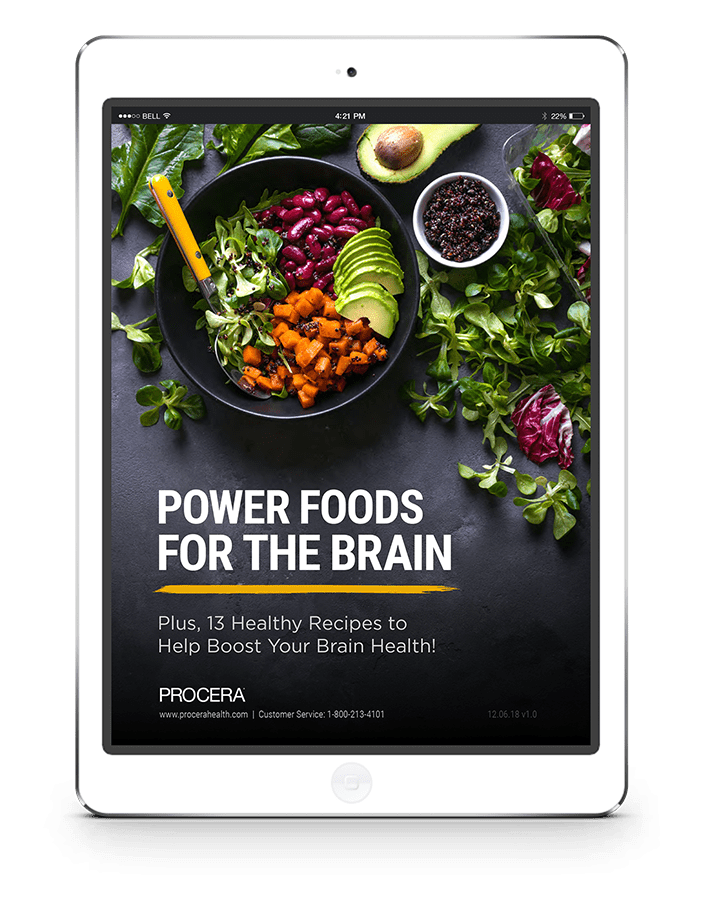
What is a nootropic?
You’ve probably heard the term “nootropic” talked about a lot recently. Like Nerve Growth Factor (NGF), it’s a trendy word right now. But what does it mean? According to the dictionary, a nootropic is a substance that enhances cognition and memory and facilitates learning. Slang dictionaries erroneously call them “smart drugs.”
The word nootropic is derived from two Greek words: “nous,” which means mind, and ”tropein,” which means to bend or turn. Although the term nootropic originally referred to synthetic substances that were purported to enhance mental abilities, the term is now being used more broadly to refer to anything that supports cognitive function – including nutrients and botanicals in dietary supplements.
History of Nootropics
Although the term “notropic” has become a hip term, it’s not new. In fact, it was coined by a Romanian chemist and psychologist, Dr. Corneliu Giurgea, several decades ago – sometime in the mid-1960s or early ‘70s. There is also evidence of the use of plants being used to influence mood and cognition, such as Ginkgo and Ginseng, dating back more than 10,000 years ago. The use of Ginkgo might even date back further than that because Ginkgo trees are the oldest living trees on Earth, dating back 250 million years.
Dr. Guirgea outlined several specific conditions for something to be called a nootropic. It needed to:
- Enhance memory
- Improve behavior under adverse conditions
- Help shield the brain from injury
- Improve tonic cortical/subcortical control mechanisms
- Demonstrate a low toxicity and side-effect profile
Who uses nootropics?
Nootropics are used by people of all age looking to optimize their brain health. The products appeal to students who are cramming for exams or young, upwardly mobile professionals in high-powered jobs looking for the mental edge to boost creativity and productivity in a competitive environment. They also appeal to baby boomers and seniors looking who are looking to boost their memory and energy.
What are some common nootropics?
What would be included on a list of common nootropics depends on whether you follow the strict definition for nootropics originally outlined by Dr. Giurgea 50 years ago, or whether you define the term more loosely to encompass anything that might support any aspect of cognitive function. Substances commonly referred to as nootropics cover the gamut:
- Botanical extracts (e.g., Panax ginseng, Ginkgo biloba, Bacopa monnieri, and Rhodiola rosea)
- Unique dietary ingredients (e.g., creatine, L-theanine, acetyl-L-carnitine, phosphatidylserine, and resveratrol)
- Caffeine - although caffeine can be considered a nootropic when consumed in small amounts, in larger amounts it does not meet all of Dr. Giurgea’s rules because it can have side effects and withdrawal symptoms.
- Prescription drugs (Adderall, Ritalin)
Dietary supplements as Nootropics
A significant body of research points to the benefits of dietary supplements – including various botanicals and nutrients – for supporting cognitive function, memory, focus, productivity, creativity, and neurological health. Because of their low side-effect profile and lack of dependency and withdrawal symptoms, supplements better fit the true definition of a nootropic than the so-called smart drugs, although their effects are more subtle and gradual. These dietary supplements are taken alone or as a “stack,” another trendy term for combining several nootropics. You can find stacks that focus on one aspect of cognition; for example, memory, focus & mental altertness or healthy brain aging.
Supported by science and clinical research, Procera Health offers a full line of brain health products (including nootropics) that can be stacked or taken individually to optimize your brain health. Take advantage of our BOGO (buy one get one free) sale this week:
- Ginkgo biloba - derived from the potent ginkgo leave, this plant based ingredient boosts blood flow to the brain. Our patented, clinically studied memory blend of Ginkgo + Ginseng is used in both Procera Advanced Brain and Procera Memory Support.
- Phosphatidylserine (PS) – plant based, phosphatidylserine is one of the key building blocks for the billions of cells (healthy cell membranes) in your brain. It supports brain cell membrane integrity and also protects cells. Available in Procera Advanced Brain.
- L-Theanine – derived from green tea, this amino acid is known inducing calming while simultaneously improving alertness. Available in Procera Mood and Procera Sleep.
- Lion's Mane Mushroom - is a research-backed nootropic mushroom that boosts mental alterness and focus. Available in Procera’s newest product - Procera MegaMushroom – coming soon!







.png?width=1350&name=Procera%20Logo%20W%20Tagline%20White%20(3).png)
Comments
Add Comment